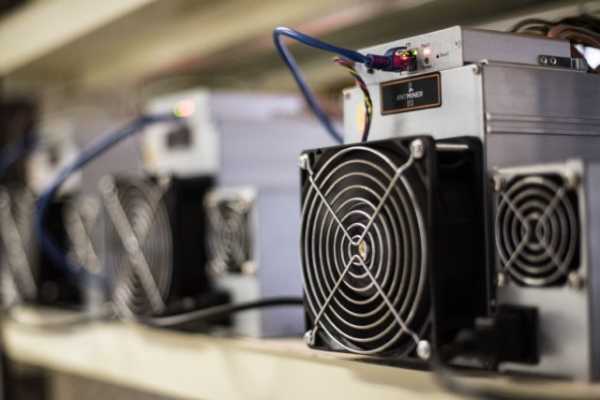Pakistan Switches to BTC Mining With Surplus Power

Pakistan has become the latest country to consider mining cryptocurrency using surplus electricity amid an economic crisis that has reduced demand for electricity in the South Asian nation.
The new initiative is being led by the newly formed Pakistan Cryptocurrency Council, which aims to transform the country into a digital asset hub. CEO Bilal Bin Saqib told Reuters that the government will also support the development of artificial intelligence (AI) data centers with excess capacity.
The location of these facilities will depend on the availability of electricity in different regions. Currently, the northwestern province of Khyber Pakhtunkhwa ranks first in electricity production, much of which comes from hydroelectric power plants.
Pakistan has seen its electricity sector falter in recent years. Since 2021, electricity prices have increased by more than 150%, forcing many to look for alternatives to the national grid. Wind and solar power have seen increased usage, which in turn has reduced overall electricity demand.
The result is a surplus of electricity, for which the government continues to pay funds under long-term contracts with independent power producers.
It is this power that the Pakistani government intends to use for BTC mining and AI data centers.
As head of the Pakistan Cryptocurrency Council, Saqib will be leading the charge. Since his appointment, he has been a vocal advocate for the adoption of digital assets in South Asia’s second-most populous country. Last month, he said in an interview that Pakistan is ready to embrace blockchain and “it’s time to stop being on the sidelines.”
Speaking about the latest developments in the mining industry, Sakib noted that there are up to 20 million digital asset owners in the country.
“Pakistan is among the top 10 countries in the world that have accepted cryptocurrency, despite it not being legalized,” he added.
Pakistan is not the only country exploring the possibility of mining BTC with excess energy, which proponents claim is generally good for their countries. However, a recent study published in the Bulletin of the Atomic Scientists concluded that such claims are “short-sighted and unfounded.” The researchers found that BTC mining provides short-term profits in the region, but “impedes critical investments in storage and network infrastructure.”
South Korean gambling scam hid behind BTC mining façade
In South Korea, authorities have shut down an illegal gambling scheme masquerading as BTC mining.
Police in the southwestern Korean metropolis of Gwangju raided an operation thought to contain unlicensed miners, but found a gaming room with more than 50 gaming consoles. Local reports say the operation processed transactions worth about $100,000.
The owner, known only as Mr. A, was charged with violating the Game Industry Promotion Act by allegedly charging customers 50,000 won ($35) an hour to use the consoles.
“We will actively prevent illegal gambling establishments from reopening and spreading even after they are closed,” said Police Chief Jeong Kyung-ho.
While the latest raid was not related to cryptocurrency, authorities around the world have reported dozens of busts over the past week involving digital assets.
Hawaii officials issued a warning Friday warning residents about a growing wave of “crypto” scammers targeting pigs. Most of the scammers pose as friends or romantic partners online before luring their victims into fictitious investments using digital assets.
In Israel, cybersecurity company BrandShield has released a new report saying that websites posing as legitimate shopping platforms or celebrities have seen an 800% increase in the past year. Rapid advances in AI, which has become more accessible and easier to use, have exacerbated the threat, said BrandShield CEO Yoav Keren.
“This poses a serious threat because it makes it more difficult for users to distinguish between real and fake,” he said.
Keren added that the rise in cryptocurrency-related scams has led to increased public mistrust of digital assets.
One of the most popular methods of “crypto” scammers is BTC ATMs, which provide scammers with increased anonymity and limited options for victims. In 2023, victims in the United States alone lost $114 million through these ATMs, a figure that has increased significantly as digital assets have grown in popularity over the past two years.
American non-profit organization AARP, which focuses on seniors, has introduced a new bill in the Rhode Island Senate that targets BTC ATMs. It requires operators to publish detailed information before any transaction, set a daily limit, and provide refunds if fraud is reported.
Watch: Gorilla Pool Offers Complete ASIC Mining Solution
Source: cryptonews.net



